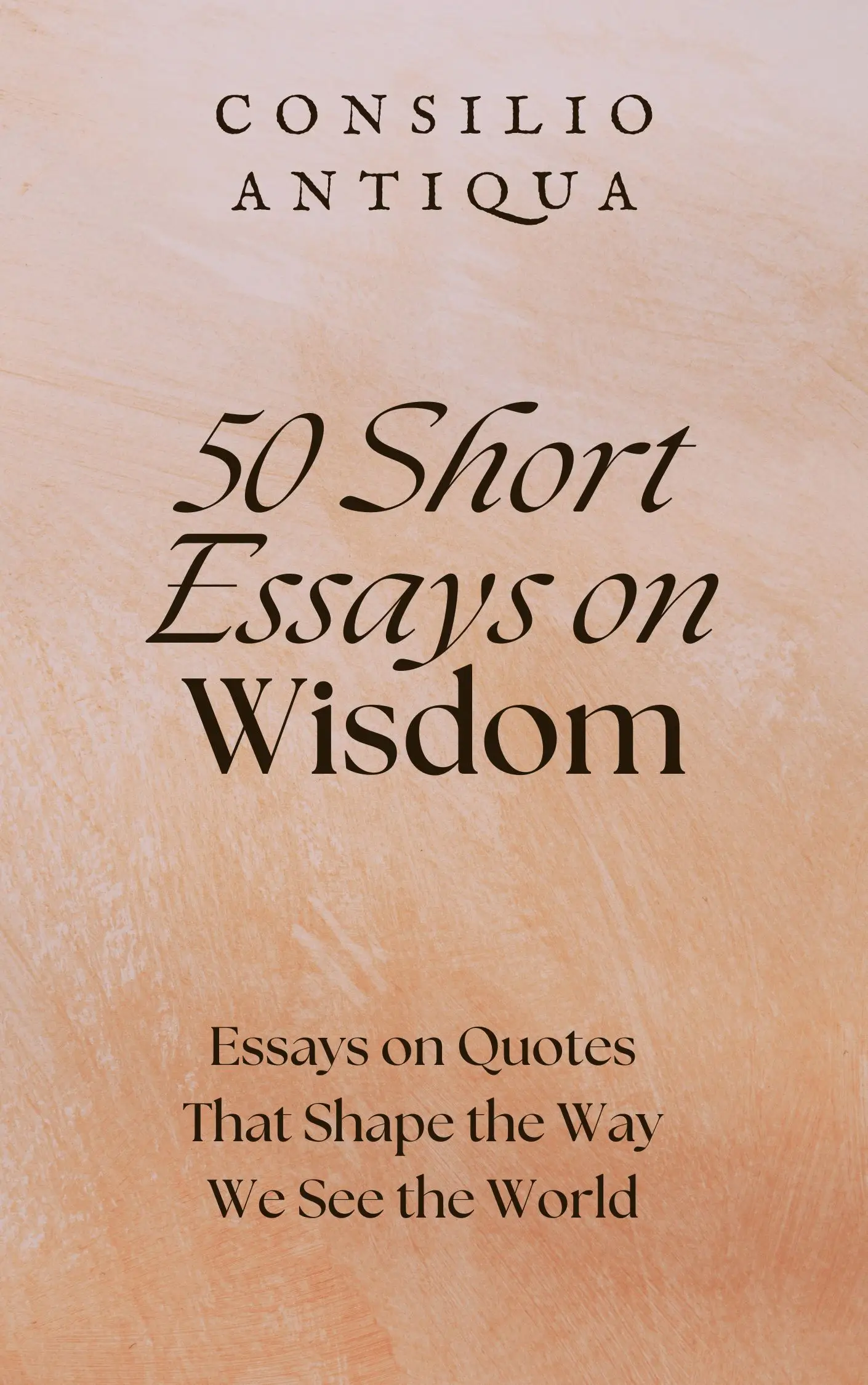
50 Short Essays on Wisdom | The Unspoken Language of Deeds
The Unspoken Language of Deeds
"Actions speak louder than words." - Chinese Proverb
A young woman, Elara, meticulously crafted a resume, highlighting her volunteer work and academic achievements. Yet, during the interview, her nervous fidgeting and evasive answers contradicted the polished image on paper. Her words promised dedication, but her actions spoke of insecurity. This simple scenario encapsulates the enduring truth of the proverb: "Actions speak louder than words." This essay will explore the historical roots of this wisdom, delve into its core meaning, and examine its profound relevance in navigating the complexities of modern life.
The sentiment behind "Actions speak louder than words" echoes across cultures and millennia. While the precise origin remains elusive, similar expressions appear in ancient Greek literature and across various Eastern philosophies. Confucianism, for instance, emphasizes the importance of virtuous conduct over mere pronouncements of virtue. The emphasis on practical action over empty rhetoric finds resonance in the teachings of many spiritual traditions, highlighting the gap between intention and execution. The proverb’s enduring power lies in its simple yet profound observation of human nature – our actions often betray our true selves more readily than our words.
The proverb's core message is not about the inherent superiority of actions over words, but rather the inherent power of congruence. Authenticity demands a harmony between what we say and what we do. When words and actions align, trust is fostered, and genuine connection flourishes. Conversely, a disconnect between speech and behavior breeds suspicion, erodes credibility, and ultimately undermines relationships. The proverb reminds us that true character is revealed not in grand pronouncements, but in the quiet consistency of daily choices. It is in the small, often unnoticed actions – a helping hand offered, a promise kept, a commitment honored – that the true measure of a person lies.
In today's world, saturated with performative displays of virtue and carefully curated online personas, the proverb's wisdom feels more pertinent than ever. We are bombarded with empty promises from politicians, corporations, and even individuals seeking validation. The proverb serves as a crucial filter, helping us discern genuine commitment from superficial displays. Consider the climate crisis: grand pronouncements of environmental responsibility ring hollow without concrete actions to reduce carbon emissions and protect our planet. Similarly, in personal relationships, consistent acts of kindness, empathy, and support are far more meaningful than fleeting expressions of affection.
Reflect on your own life. Where do your actions align with your words? Where do they diverge? The process of self-reflection can be challenging, requiring honesty and a willingness to confront uncomfortable truths. But it is through this honest self-assessment that we can cultivate greater congruence between our intentions and our deeds. Ask yourself: What small, consistent actions can I take today to better align my words with my values? What commitments can I make and diligently keep? The journey towards authenticity is a lifelong process, marked by small, deliberate steps towards congruence.
The wisdom of "Actions speak louder than words" transcends time and culture. It is a timeless reminder that true character is revealed not in what we say, but in what we do. By cultivating a mindful awareness of our actions, and striving for congruence between our words and deeds, we can build stronger relationships, foster greater trust, and ultimately live more authentic and fulfilling lives. The quiet power of consistent action is a language understood universally, a language that speaks volumes.
